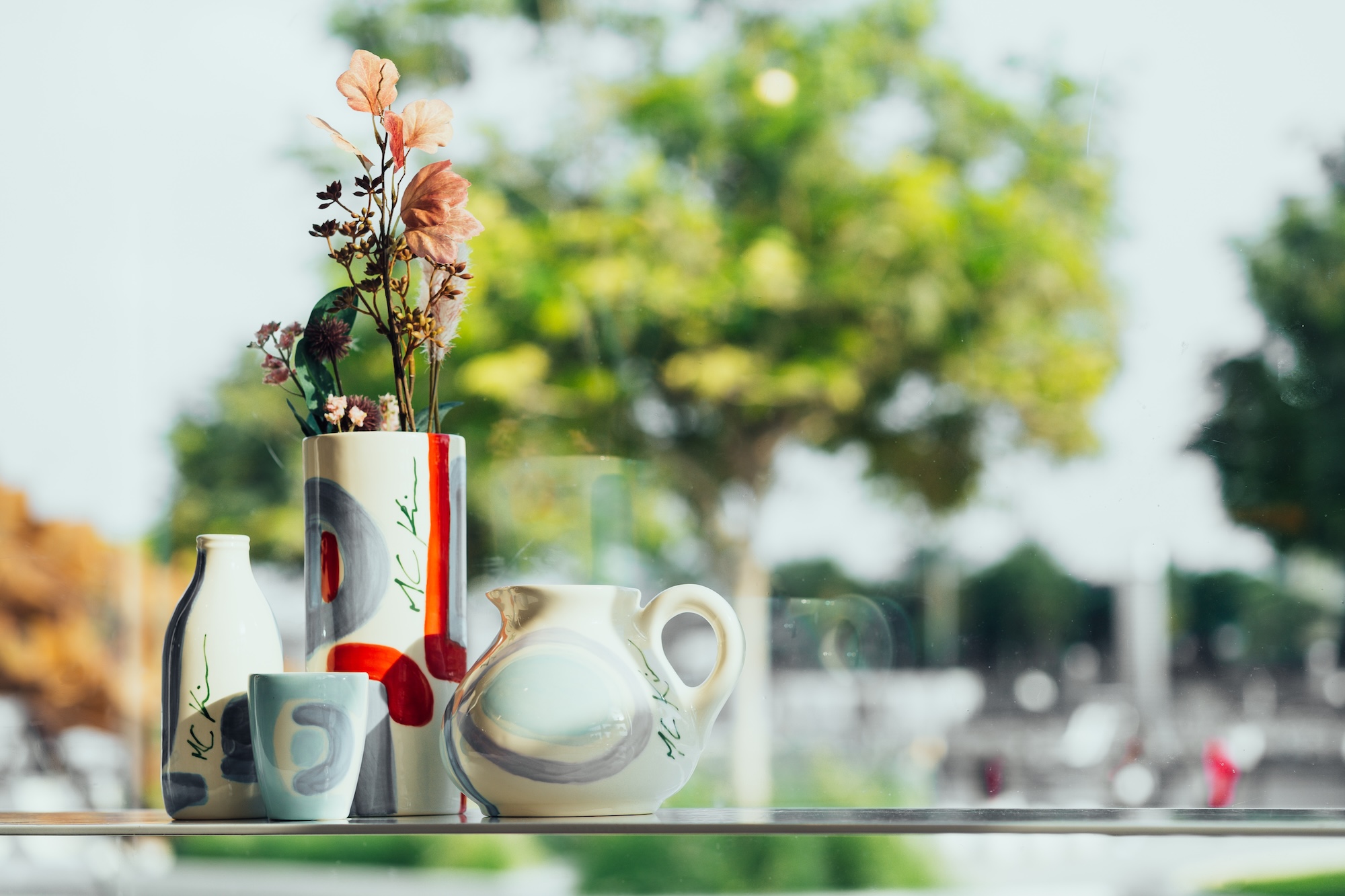Our website is taking a short summer break!
From today, purchases are available in-store only at our flagship in Dubai, @jameelartscentre and in Jeddah, @hayyjameel.
We’ll be back online with a refreshed digital experience on August 18 — until then, we’d love to see you in person!

